On November 22, 2024, Universal Pictures released Wicked, the first part of a long-awaited film adaptation of the Broadway musical of the same name over 20 years in the making. Following nearly a year of one of the most pervasive marketing campaigns for a major film that didn’t involve a superhero in recent memory, the film became an instant cultural phenomenon, becoming acclaimed by both critics and audiences alike and grossing nearly $700 million until this point, on top of becoming one of the biggest contenders this Oscar season.
On December 31, 2024, Universal Pictures made Wicked available to rent and own on digital formats a little over a month after its release in theaters in the United States. Some may look at this decision by Universal as nothing more than a chance to capitalize on the film’s success during the final few days of the holidays, but ultimately, releasing Wicked digitally this early is indicative of studios devaluing their films; even their biggest tentpole releases despite their overwhelming box office success.
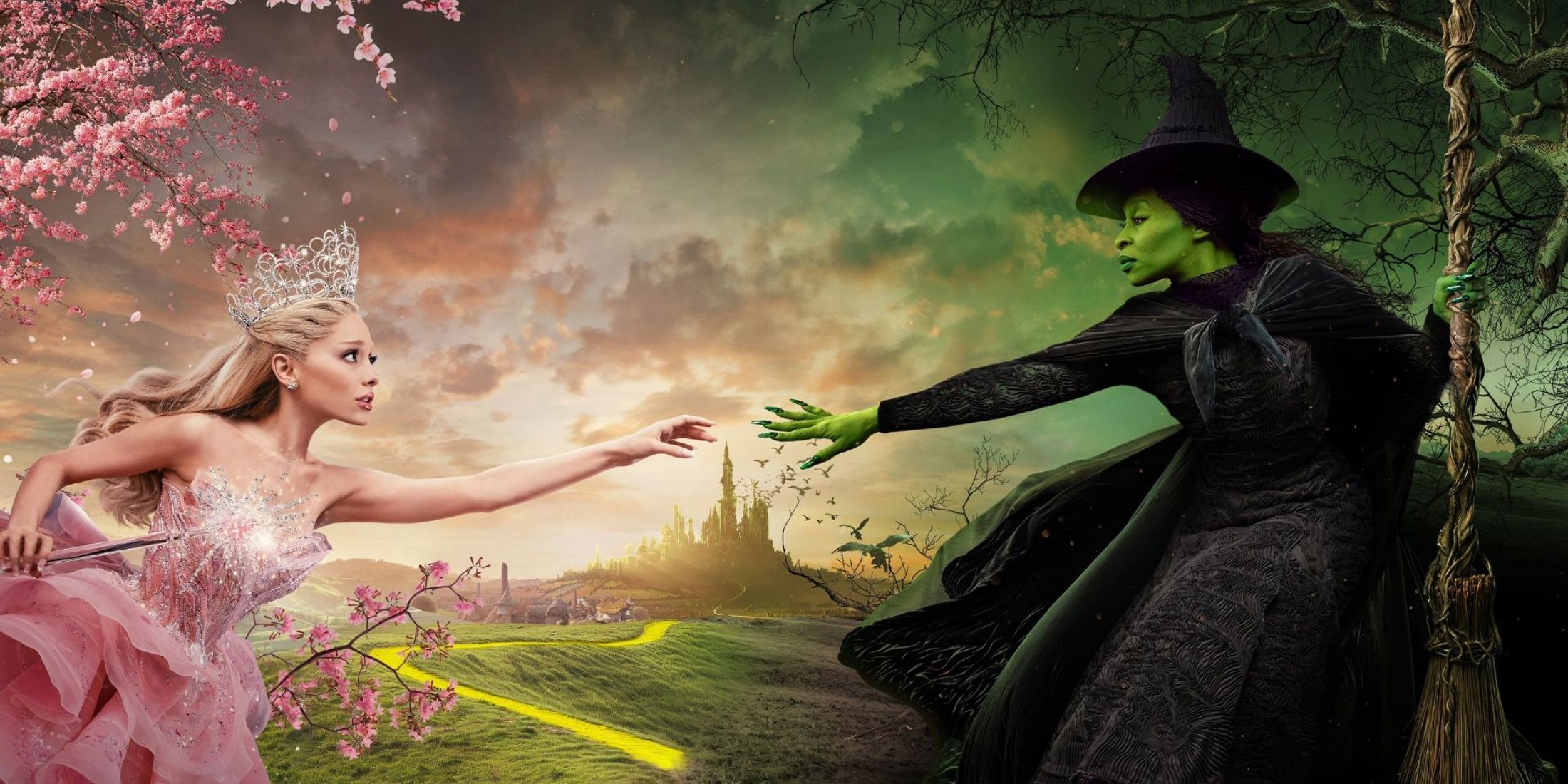
10 Best Songs From Wicked, Ranked
With the success of the Wicked film adaptation, fans of the musical and newcomers alike will be singing the film’s best songs for days after seeing it
A Troubling Practice
Towards the end of the 2010’s, studio executives were making business decisions amidst the advent of the streaming age. With the success of Netflix and Amazon among others, every major studio wanted in on that potential goldmine. From there sprung out the likes of Disney Plus, Max, Paramount Plus, and Peacock just to name a few. The advent of consuming films on streaming became the new industry standard for at-home viewing, with physical media sales dropping year after year. The convenience of pressing play, without having to remove a disc from its case, insert it into a separate Blu-ray player, and switch outputs on a TV set became consumers’ preferred method of watching movies in the comfort of their own homes.
The window between theatrical and at-home distribution was already shrinking towards the end of the 2010’s, but once the pandemic hit in 2020, studios further embraced streaming platforms. And even as movie theaters started to open back up in 2021, that window shrank from a matter of a few months to just one month or even less for the major studios’ release. Most notoriously, in a clear attempt to boost memberships, Warner Bros. Pictures announced that their entire 2021 slate of theatrical films would be made available to stream at home on what was formerly known as HBO Max on the same day they hit theaters. This decision angered many filmmakers, most notably Christopher Nolan, who ended his nearly 20-year relationship with Warner Bros. and took his film Oppenheimer to Universal.
Wicked’s Box Office Legs
Wicked ran out the gates of Emerald City as a runaway box office success. Although the film was released on the same weekend as Paramount Pictures’ Gladiator II, the film earned an astounding $114 million on its opening weekend at the North American box office. Competition for both Wicked and Gladiator II would become even more massive in the following Thanksgiving weekend, thanks to the release of Disney’s Moana 2. While the animated sequel to the 2016 Oscar-nominated feature easily became #1 at the box office on its debut, Wicked grossed a staggering $80 million on its second weekend, and a whopping $117.5 million for the entire five-day Thanksgiving weekend. With a drop of only 29% from its opening weekend, Wicked holds the unique record for the highest-grossing second weekend for a film’s release that did not hit #1.
The staying power of Wicked’s box office success, even as more competition from new releases such as Paramount Pictures’ Sonic the Hedgehog 3, Disney’s Mufasa: The Lion King, and Focus Features’ Nosferatu, is a testament to Universal Pictures’ impressive marketing campaign. But above all, expansive marketing may sell a lot of tickets, but the film has clearly been successful thanks to positive word-of-mouth. The film sits at an 88% approval rating from critics on Rotten Tomatoes, while CinemaScore audiences gave the film an A grade. Audiences are clearly enchanted by the story of Elphaba and Glinda’s friendship, with many fans revisiting the film in theaters multiple times even nearly two months after its theatrical release, including for its special sing-along edition.
Universal’s Big Mistake
It’s clear Universal is quite pleased with the success of Wicked. With it dominating the zeitgeist since its release, breaking box office records, and building up buzz for Oscar season, it’s clear that gravity has been defied for this film adaptation’s stamp on the culture; and with only Part One so far. Audiences are now excited to see how the cinematic adaptation of the original musical’s second act will turn out, with Wicked: For Good soaring into theaters later this year. However, releasing Wicked digitally roughly a month after its initial theatrical release is indicative of the troubling release trends of all major studios, ultimately devaluing their films’ and the big screen experience by training audiences just to wait several weeks for it to be available at home, rather than having them seek it out at their local movie theater.
The window between Wicked’s theatrical and digital release is no different from some of Universal’s other major 2024 films. The Fall Guy and Twisters were made available to rent and own digitally roughly weeks after their theatrical runs. Meanwhile, Universal’s biggest film of 2024, Illumination’s Despicable Me 4, was made available on digital platforms over two months after its theatrical release. Ultimately, Universal may have thought that releasing Wicked digitally on New Year’s Eve was the right call, but perhaps they should find some inspiration from one of their most critically acclaimed and commercially successful films of the decade so far.
Follow Christopher Nolan’s Lead
After his fallout with Warner Bros., Christopher Nolan agreed to take Oppenheimer to Universal. The studio agreed to the filmmaker’s demands, which included an exclusive theatrical window that ranged from 90 to 120 days. Nolan is an advocate for the theatergoing experience, and much of the marketing campaign for Oppenheimer emphasized the use of IMAX 70mm film, and called on audiences to engage with the film as it was intended to be seen: on the big screen.
Oppenheimer was a box office sensation, much of which can be attributed to the “Barbenheimer” phenomenon at the time, but also due to its inherent cinematic qualities advocated by Nolan himself. Obviously the craft on display is undeniable, but Nolan’s insistence on experiencing his film in theaters; particularly in IMAX, clearly enticed audiences to seek his film out. The film grossed a stunning $977 million, becoming the highest-grossing biopic of all time and the third highest-grossing R-rated film of all time. Impressively, $190 million of that gross came from IMAX alone.
Theatrical, Just Like The Original Musical
The earlier digital release of Wicked reflects the troubling practices of shortening the release windows of major films. Given that the film has become ensconced within the popular culture, and is now shaping up to be a major contender in the Oscars race, maintaining its theatrical exclusivity for a longer period would have been the right call. After all, the film is based on a Broadway musical, which calls for audiences to attend the theater in person with a large crowd to immerse into the world of Oz. Maintaining the exclusive theatrical window just feels right, and perhaps with Wicked: For Good, Universal Pictures can rectify this mistake by adopting Christopher Nolan’s desired window. After all, $977 million and 7 Academy Awards later, it clearly worked in Oppenheimer’s favor.
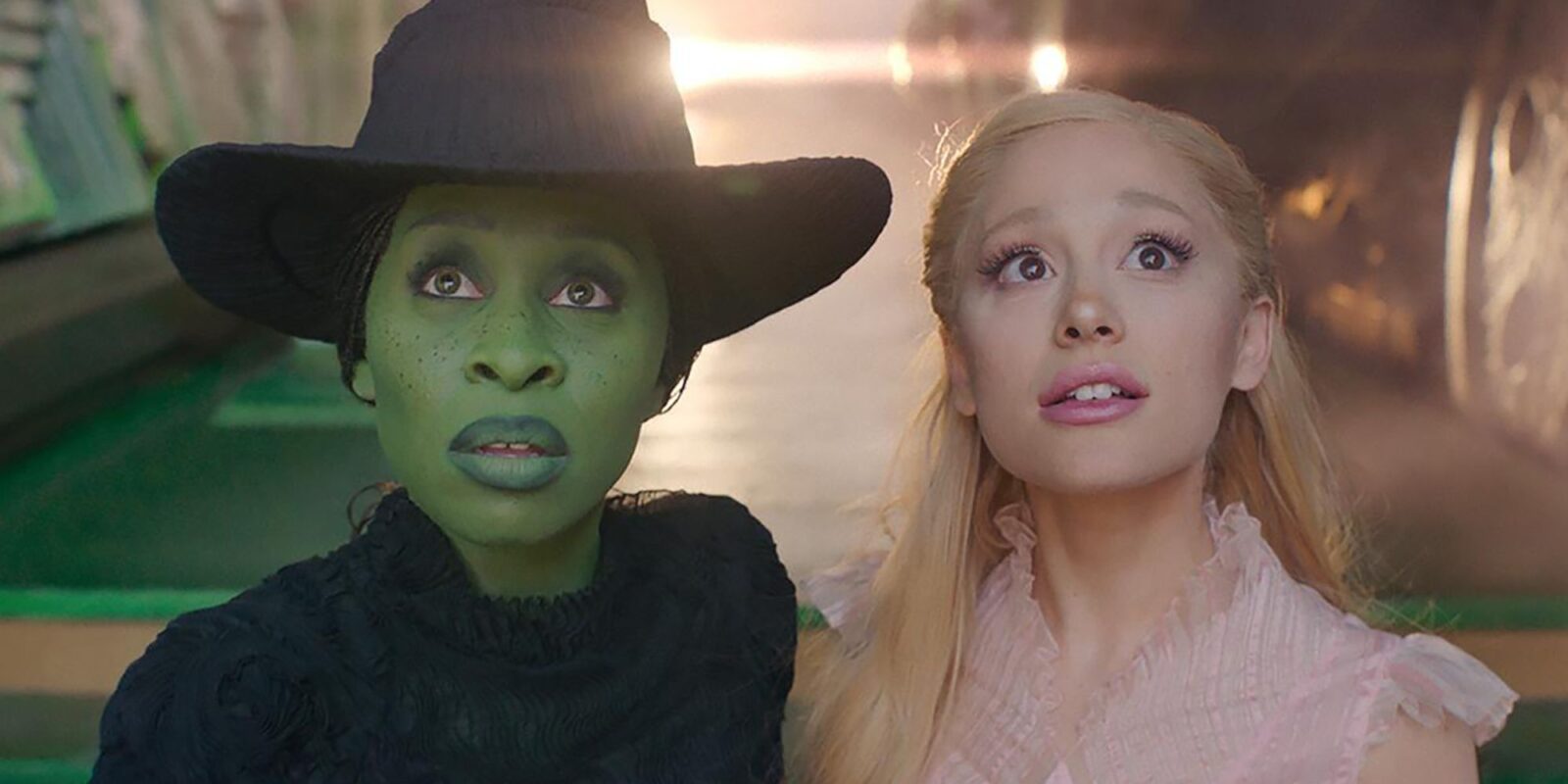

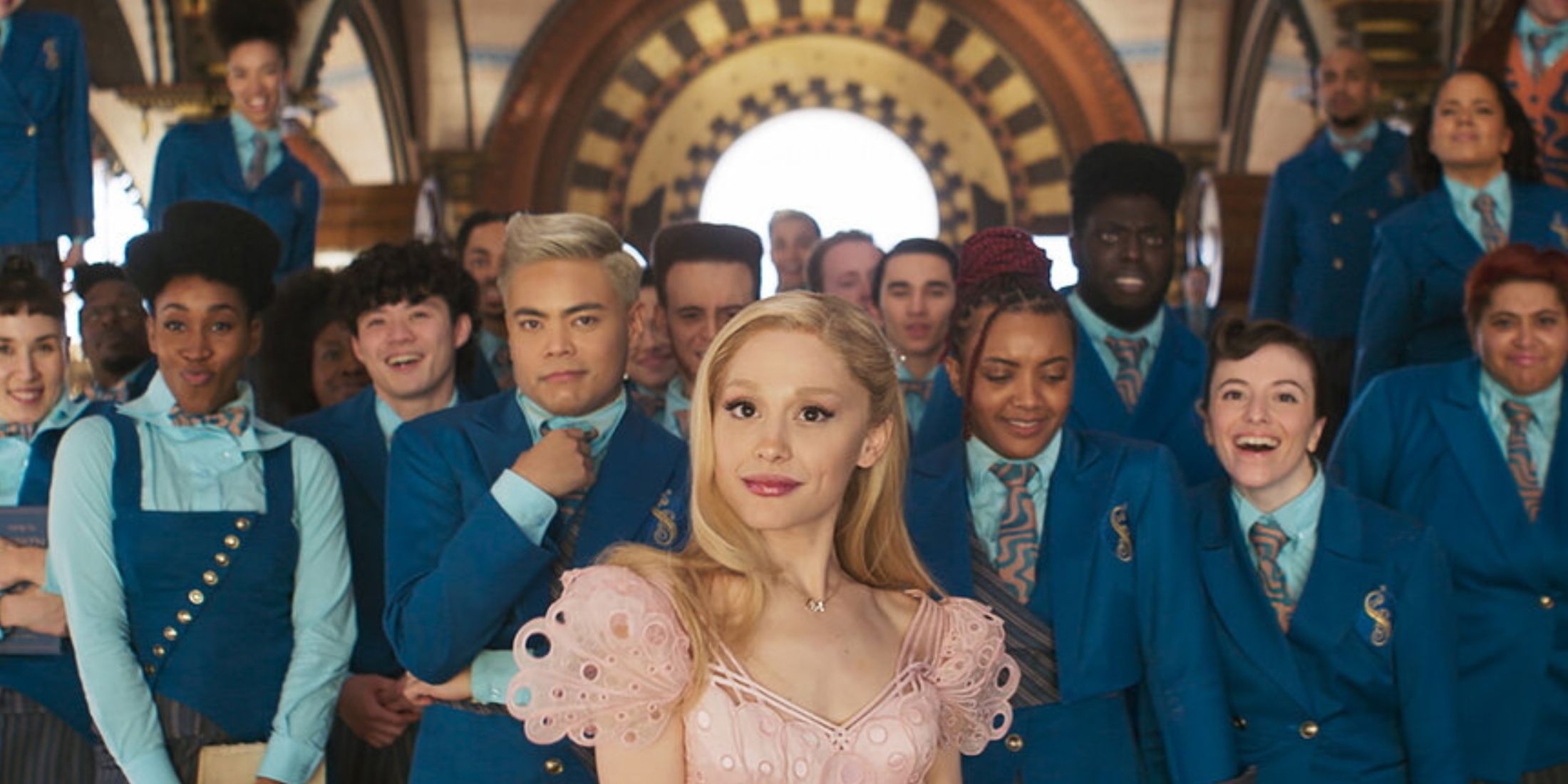
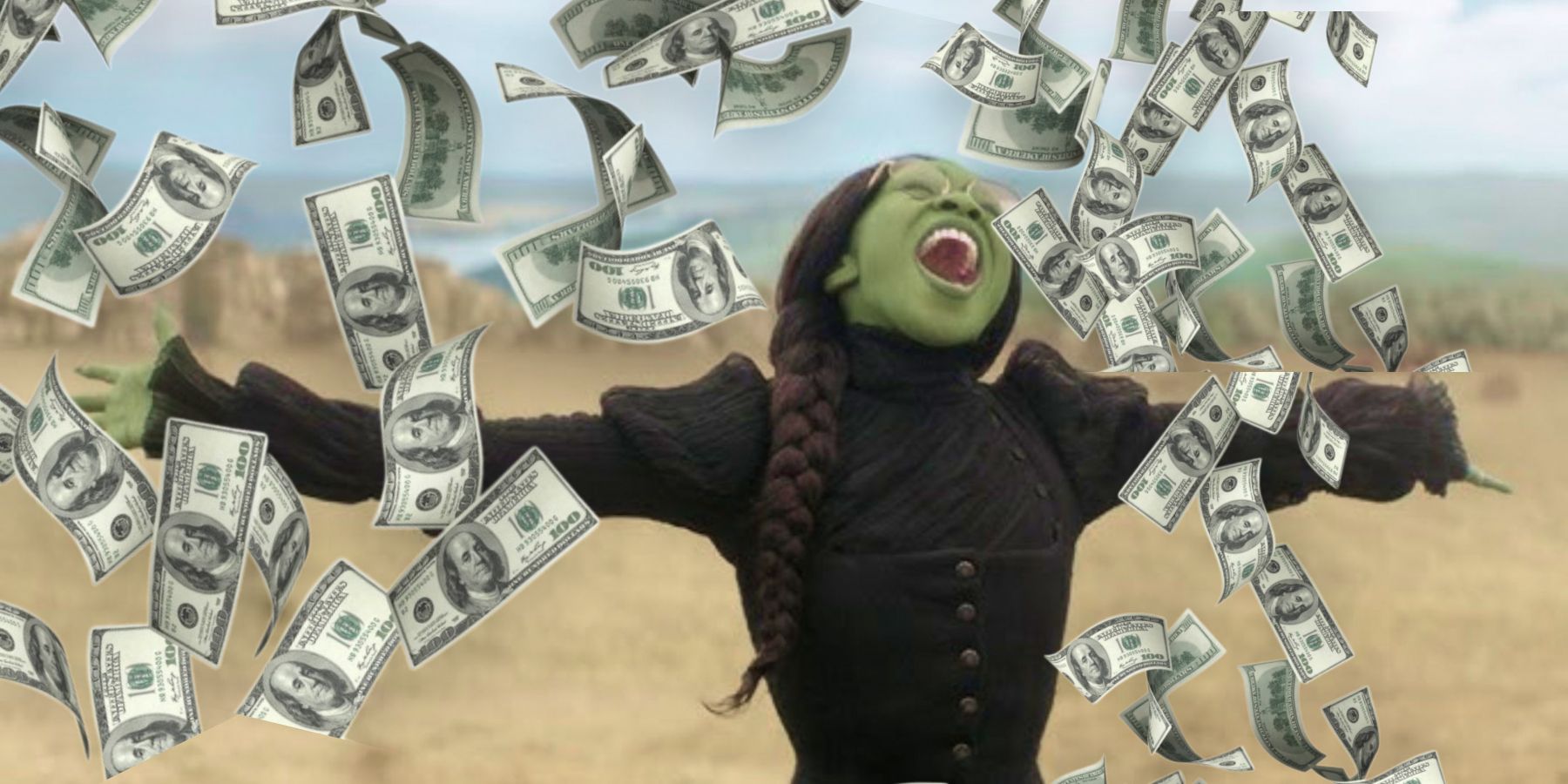
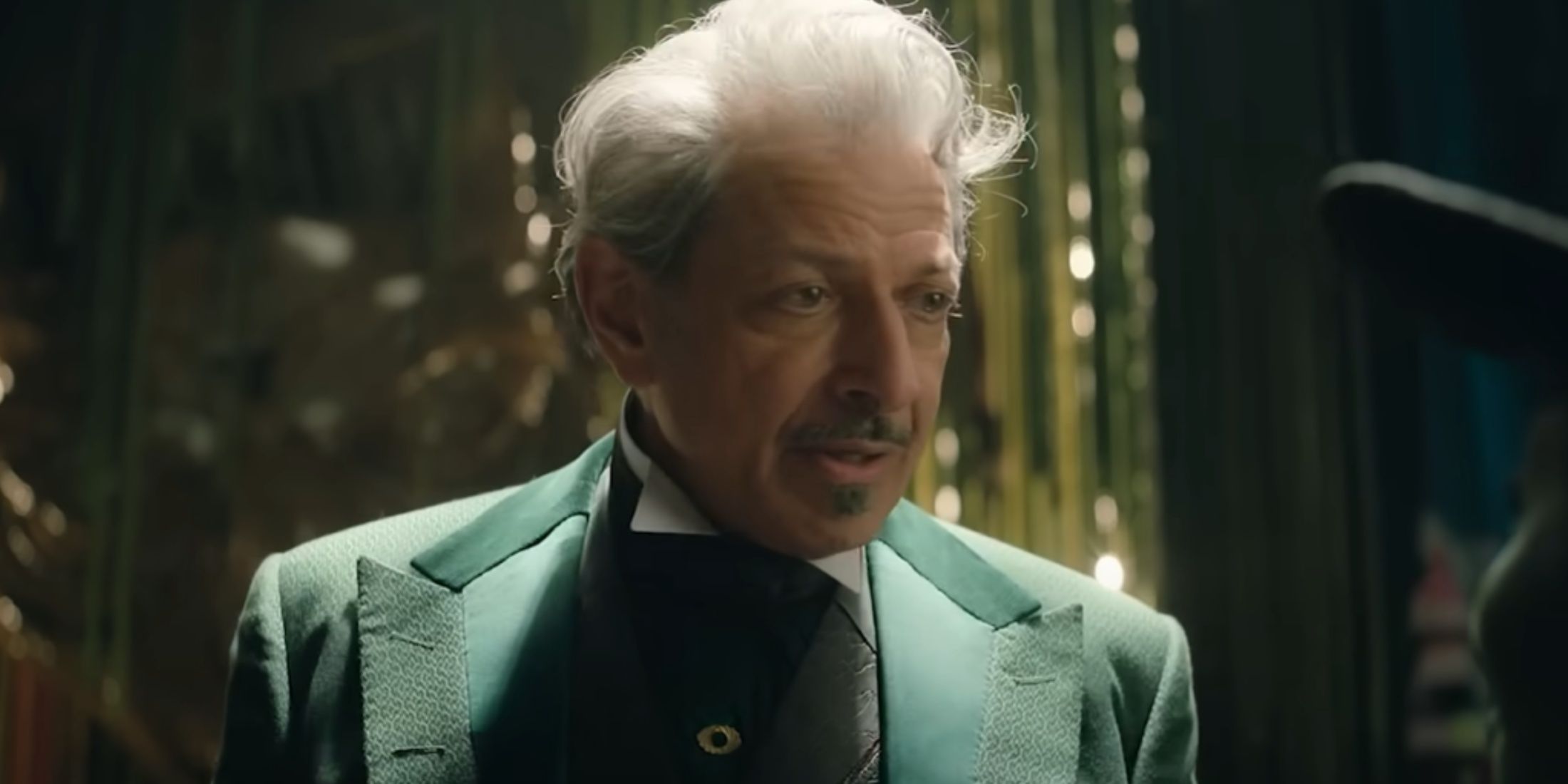
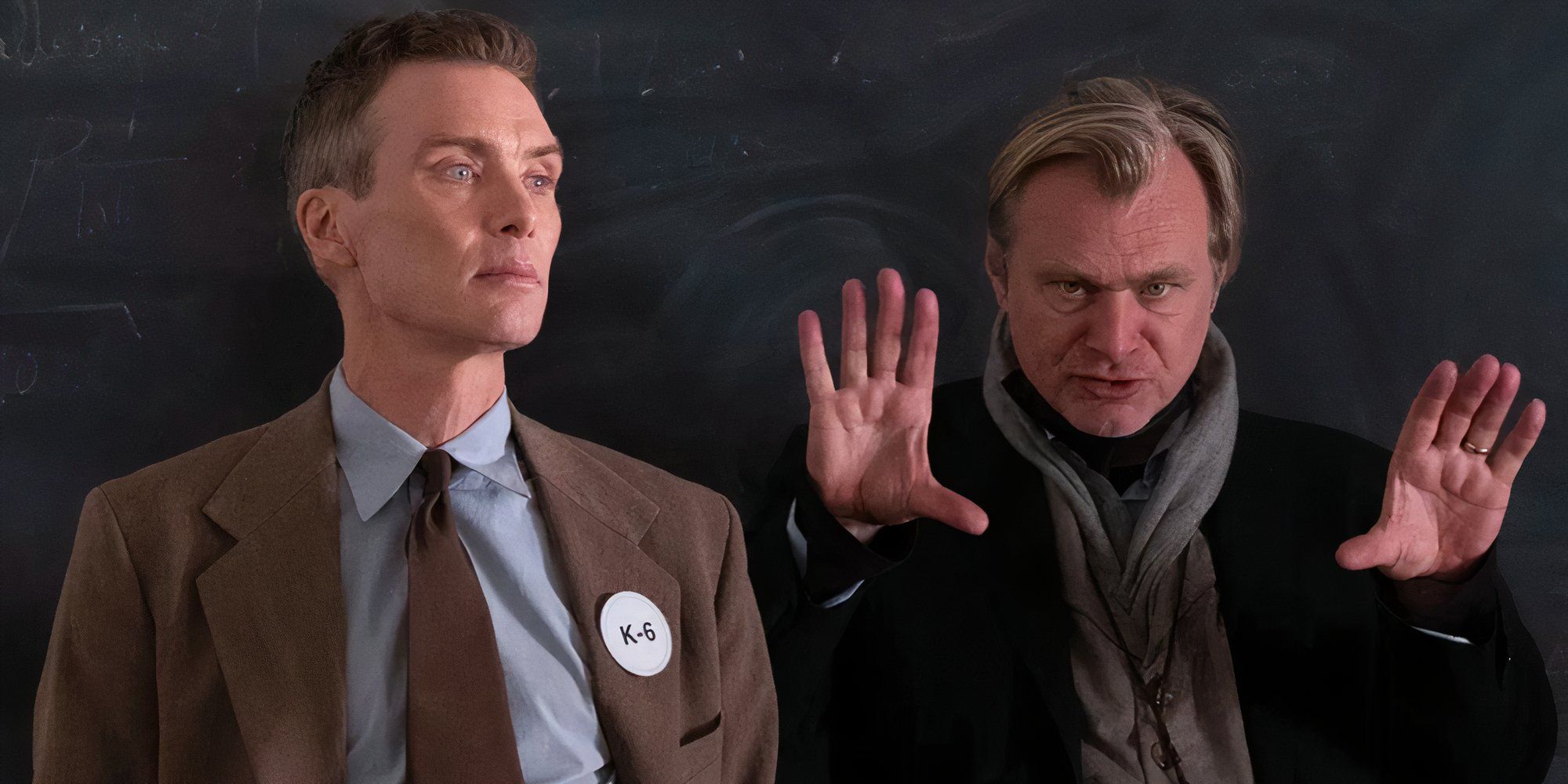
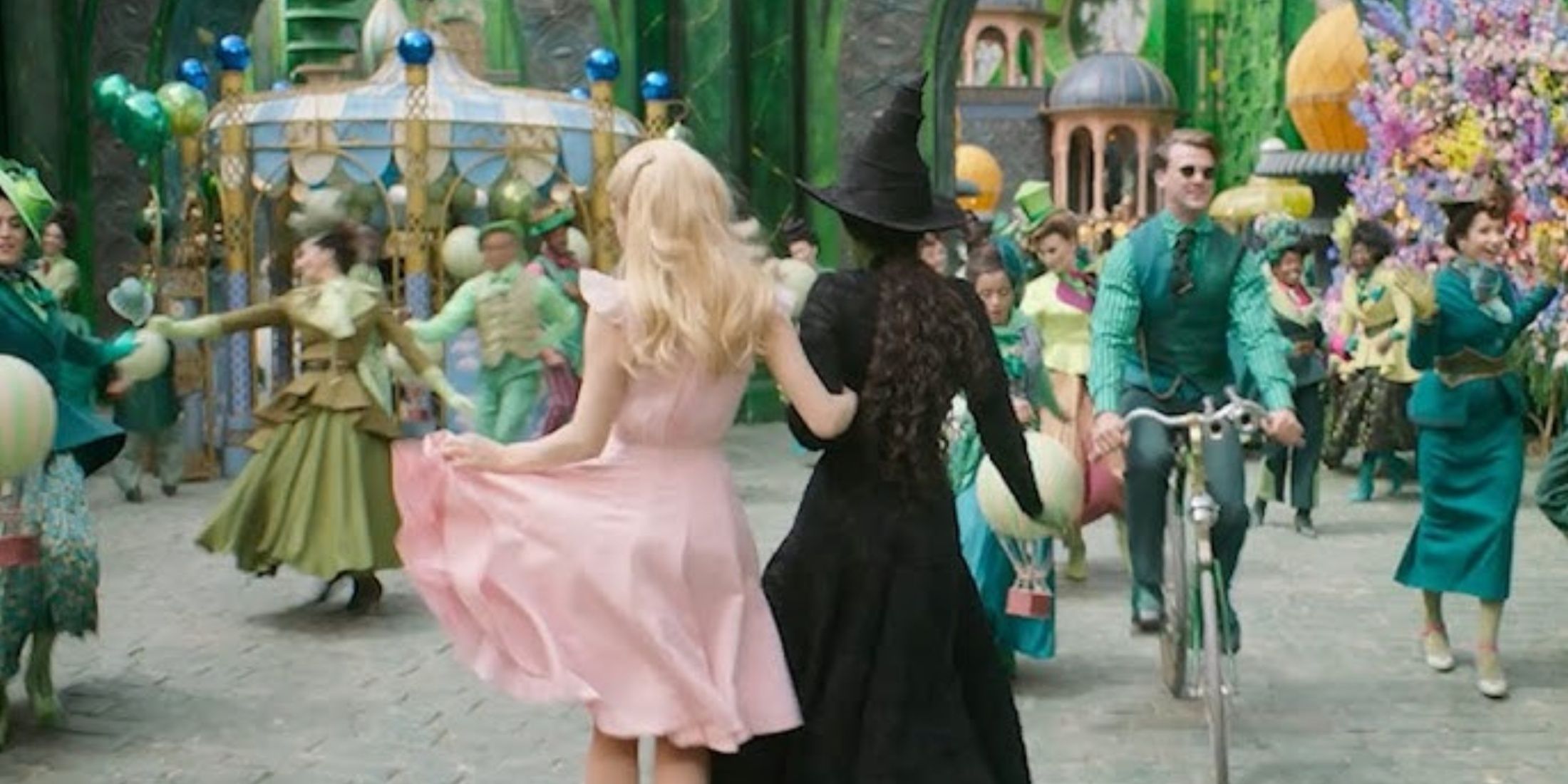
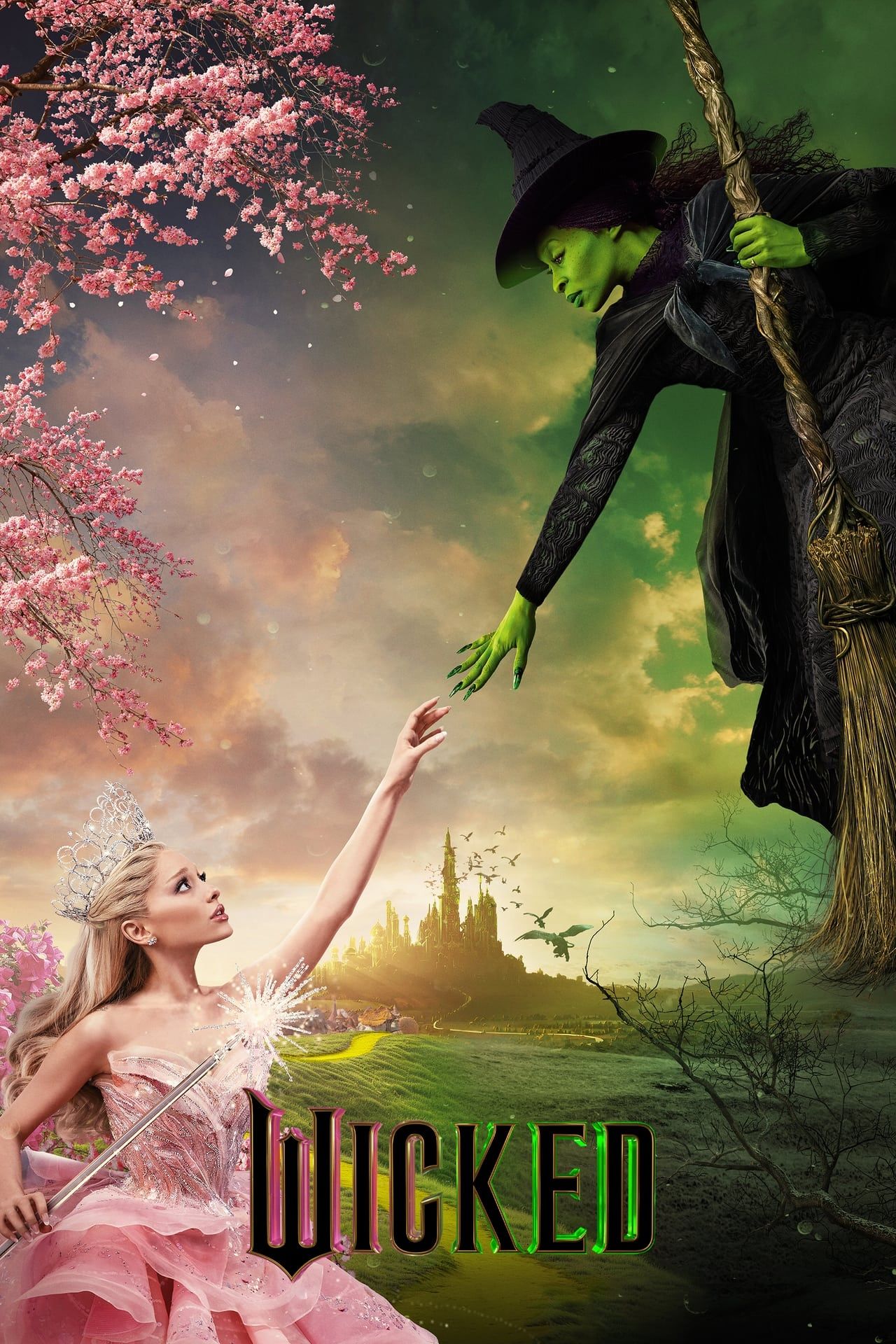






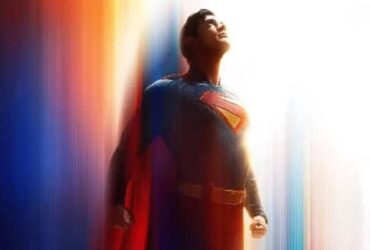
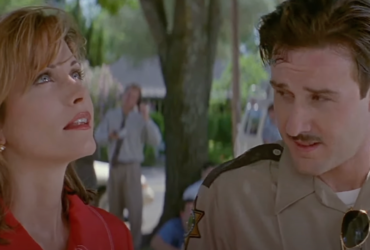

Leave a Reply